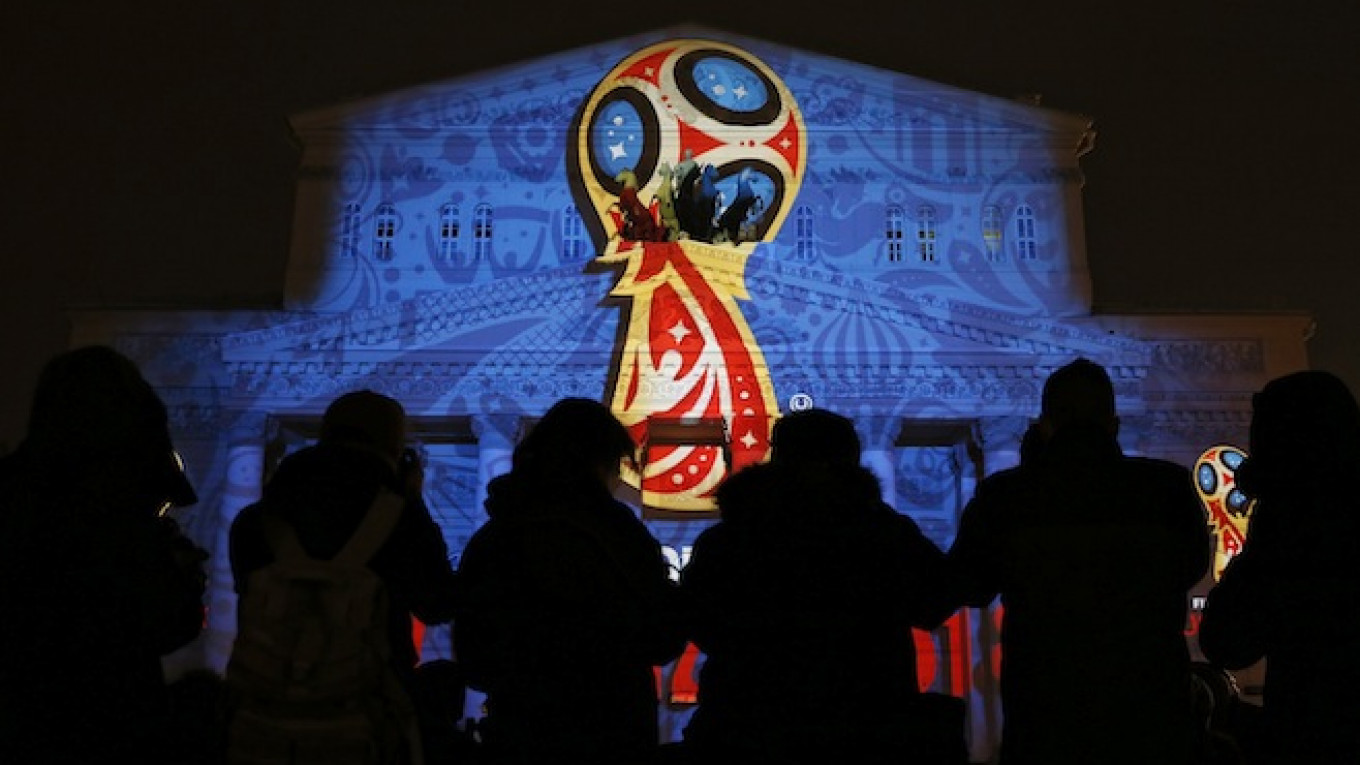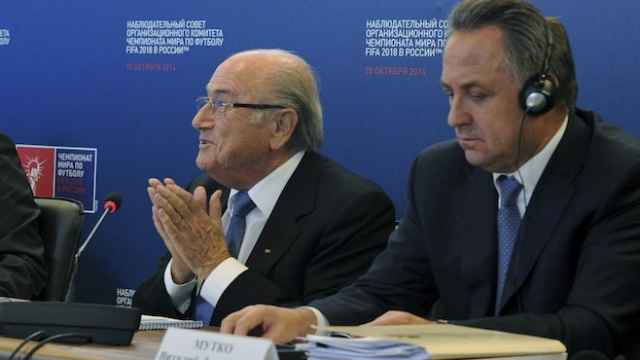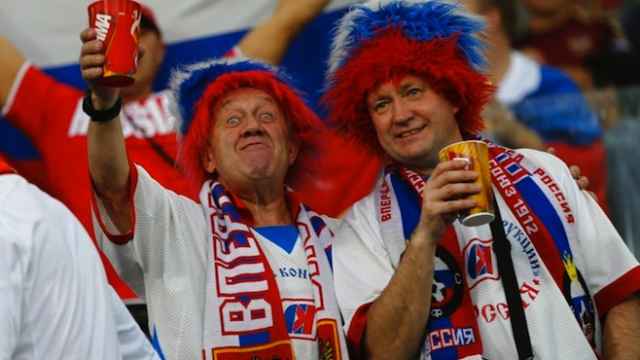ZURICH — World soccer's governing body FIFA has lodged a criminal complaint in Switzerland against unidentified people over the bidding for the 2018 and 2022 World Cups, but stood by its conclusion that any wrongdoing was not enough to jeopardize the winning Russian and Qatari bids.
The action marks the first time FIFA has sought to involve law enforcement in connection with its own 18-month investigation into the bids, which concluded last week with an announcement it had found no reason to overturn the decisions to hold the cup in Russia in 2018 and in Qatar in 2022.
In a statement, FIFA said Tuesday that its investigation had determined that some individuals — it did not say who — may have broken unspecified laws in Switzerland, where the body is based.
"In particular, there seem to be grounds for suspicion that, in isolated cases, international transfers of assets with connections to Switzerland took place, which merit examination by the criminal prosecution authorities," it said. It gave no further details about those transactions.
FIFA's investigation into the bidding process has loomed over international soccer, especially in Europe, where officials have talked publicly about quitting a global body that earns billions of dollars in revenue from selling broadcast and sponsorship rights to the world's most popular sporting event.
It looked at losing bids as well as winning bids, and at the behavior of countless international soccer officials, so the list of those who could potentially have been named in its complaint to the Swiss authorities could span the globe.
FIFA's announcement last week that cleared Qatar and Russia of wrongdoing was undermined when Michael Garcia, the former U.S. prosecutor that led FIFA's own investigation, announced hours later that he disputed its summary of his findings.
A number of European officials have called on FIFA to publish Garcia's full report. FIFA on Tuesday defended its decision not to release it to the public.
Switzerland's attorney general confirmed it had received a complaint submitted by FIFA together with a copy of the report.
"The Office of the Attorney General will analyze the documents, presented on a large scale, to violations of criminal law and liability," the prosecutor said. "The OAG will inform the public in due time about further steps."
Qatar, Russia Deny Any Wrongdoing
Swiss prosecutors have powers that FIFA's internal investigators lacked: to subpoena witnesses, demand evidence and raid premises. But they can only investigate violations of Swiss law, not FIFA's own ethics rules, which governed the bids.
The bidding for the 2018 and 2022 cups drew complaints from the moment the two decisions were announced on the same day in 2010. Qatar's successful bid in particular was criticized in Europe, particularly because of the extreme temperatures in the Gulf state during the summer when the World Cup is usually held.
Qatar and Russia deny any wrongdoing and say campaigns to discredit their bids are motivated by rival countries bitter at the failure of their own bids.
On the eve of this year's World Cup in Brazil, a British newspaper printed what it said was evidence showing that a Qatari had paid lavish bribes to other soccer officials around the world. Qatar says the man was not connected to its bid, a conclusion that FIFA endorsed last week.
FIFA President Sepp Blatter said on Tuesday that, on the recommendation of FIFA ethics judge Hans-Joachim Eckert, it was "his duty" to lodge a complaint to the Swiss courts.
Answering questions on FIFA's own website, Blatter said Tuesday: "I lodged the criminal complaint upon the recommendation of Judge Eckert.
"I cannot, however, comment on any possible criminal offenses. I am not a lawyer. I also was not the addressee of the investigatory report, which I have never seen."
A Message from The Moscow Times:
Dear readers,
We are facing unprecedented challenges. Russia's Prosecutor General's Office has designated The Moscow Times as an "undesirable" organization, criminalizing our work and putting our staff at risk of prosecution. This follows our earlier unjust labeling as a "foreign agent."
These actions are direct attempts to silence independent journalism in Russia. The authorities claim our work "discredits the decisions of the Russian leadership." We see things differently: we strive to provide accurate, unbiased reporting on Russia.
We, the journalists of The Moscow Times, refuse to be silenced. But to continue our work, we need your help.
Your support, no matter how small, makes a world of difference. If you can, please support us monthly starting from just $2. It's quick to set up, and every contribution makes a significant impact.
By supporting The Moscow Times, you're defending open, independent journalism in the face of repression. Thank you for standing with us.
Remind me later.






